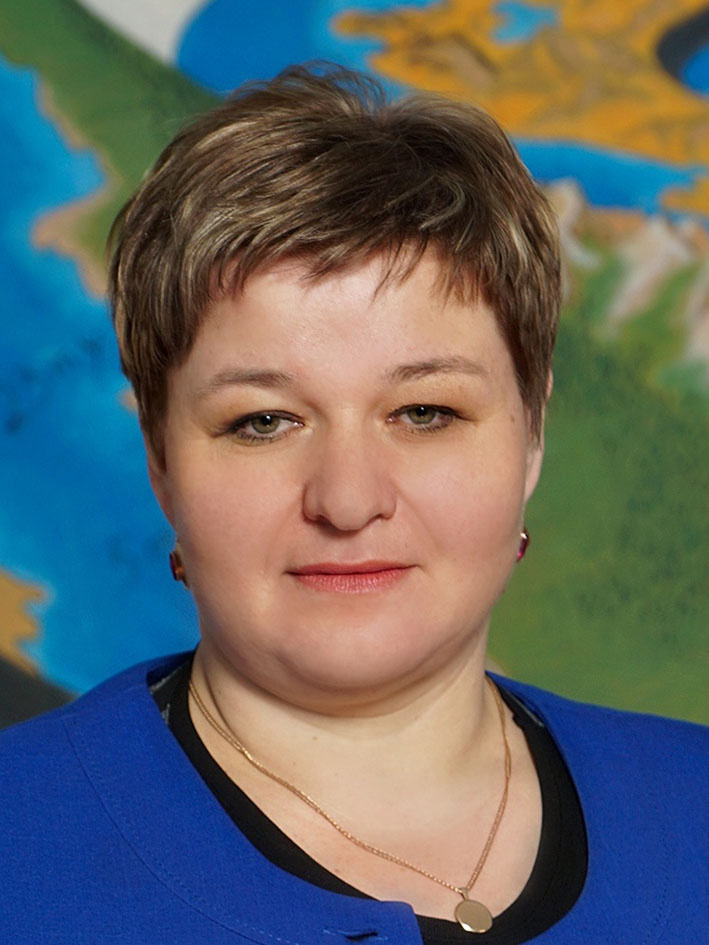Institute of Natural Sciences
The Institute of Natural Sciences has been operating since the formation of the Buryat-Mongolian Agro-Pedagogical Institute (February 10, 1932), initially on the basis of the Faculty of Natural Sciences with two leading departments - botany and chemistry. In 1936, the first graduation of biology teachers took place, and in 1942, the Department of Geography was opened. From 1954 to 1956, the faculty worked as "biological", from 1957 to 1992 - "biological and chemical". In 1984, the Department of Anatomy and Physiology of Humans and Animals was established at the faculty, in 1988, the Department of Geography was created and a new specialty "Geography" was opened along with "Biology", "Chemistry", "Medicine". In 1993, a new Department of Ecology was formed.
Management

Director - Evgeniya Mikhailovna Pyzhikova, PhD in Biology, Associate Professor
Phone: 21-15-93, e-mail: ien@bsu.ru
Address: Main building, Smolina St., 24a, off. 0313
Departments:
- Department of Botany
- Department of Zoology and Ecology
- Department of Land Cadastre and Land Use
- Department of Geography and Geoecology
- Department of General and Analytical Chemistry
- Department of Inorganic and Organic chemistry
- Department of Geology
- Department of Ecology and Nature Management
Science
The topics of students' research work include a fairly wide range of areas and correspond to the main scientific research carried out in the departments and scientific structural divisions of the faculty. The Faculty of Biology, Geography and Land Use has great scientific potential. This is possible due to the fact that students engaged in research work with real objects of nature, and since the nature of our republic is unique and diverse, the field for activity is very extensive. Students of the departments of the faculty implement several scientific areas. This is the study of the biodiversity of the flora and vegetation of the Baikal region, geoecological problems of various territories, features of individual landscapes, paleogeography and evolution of the natural environment, ecology of different species of plants and animals, microbiology and phytocenology, economic and geographical problems and problems of rational nature management.
Laboratories and centers
- Scientific herbarium
- Botanical garden
- Educational and experimental forestry
- Laboratory of molecular biology and biotechnology
- Laboratory of materials science
- Testing ecological-analytical laboratory
- Center for work with gifted children "Preduniversarium"